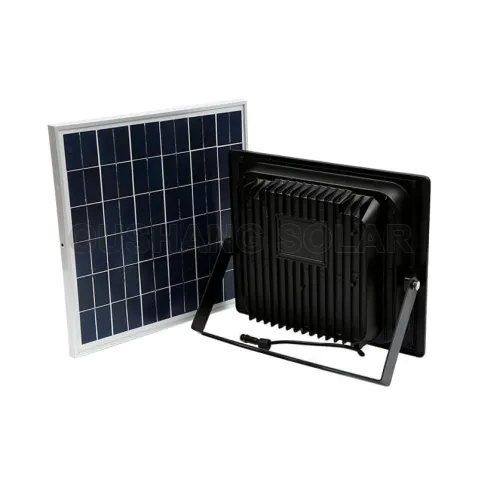Solar lights are energy-saving, environmentally friendly, and easy to use, so now many places have installed solar lights, especially solar lights on rural roads. However, many friends may not know how solar lights are charged or whether they can only be charged with direct sunlight. In fact, that's not the case— as long as there is light, solar lights can charge.

How long does it take for solar lights to charge fully?
On sunny days, the charging exposure is 6-8 hours, and they can illuminate for 8-10 hours at night.
On cloudy days, with 6-8 hours of charging exposure, they can light up for 4-6 hours at night.
The advantages of rechargeable solar lighting are energy efficiency, environmental friendliness, no need for wires, easy installation, and high safety. It automatically turns off during the day for charging and turns on automatically at night. When someone is nearby, it provides high-brightness lighting; when they leave, it switches to colorful low brightness, catering to both lighting and decorative needs.
During the day, solar lights, under the control of an intelligent controller, absorb solar energy through solar panels, converting it into electricity. The solar battery pack charges the battery pack during the day, and at night, the battery pack powers the LED light source, providing illumination. The DC controller ensures that the battery pack is not damaged due to overcharging or overdischarging, while also incorporating functions such as light control, time control, temperature compensation, lightning protection, and reverse polarity protection. The solar light system can guarantee normal operation for over 15 days in rainy weather.


Comments
Please Join Us to post.
0